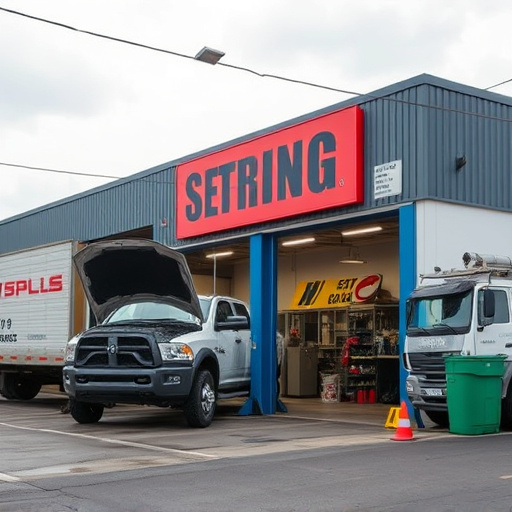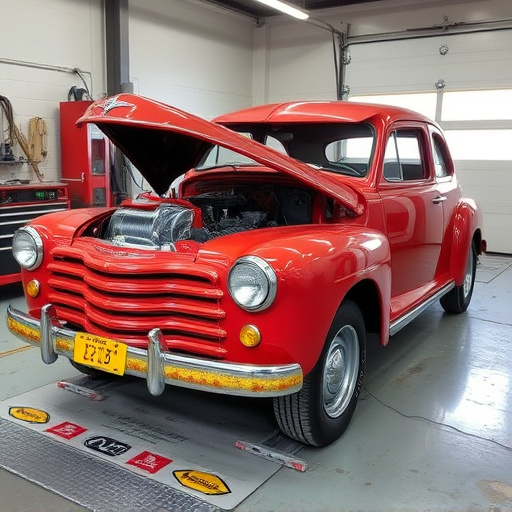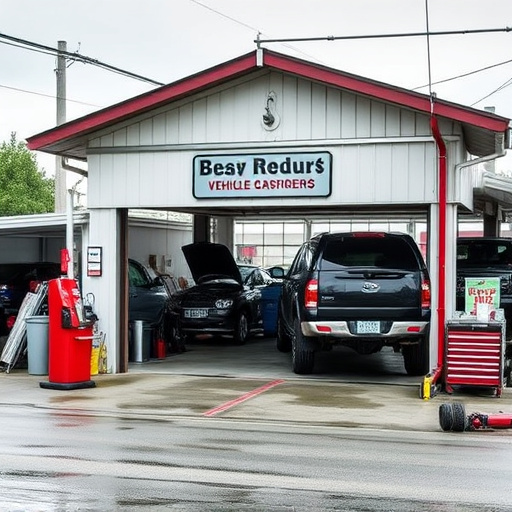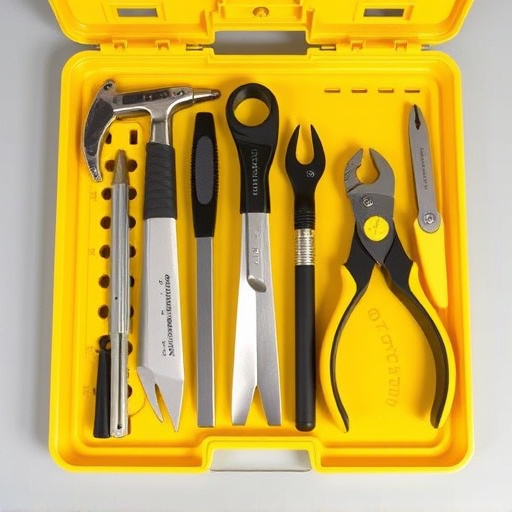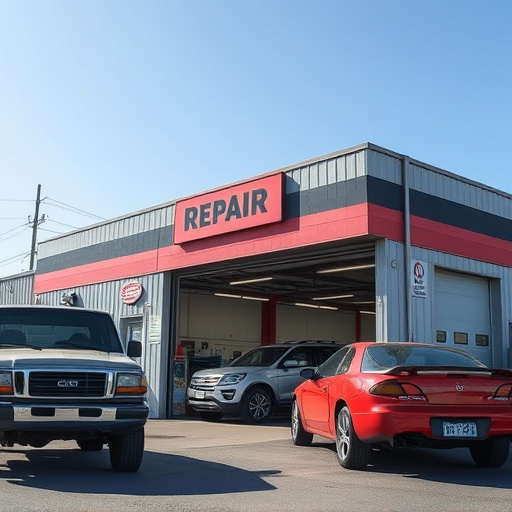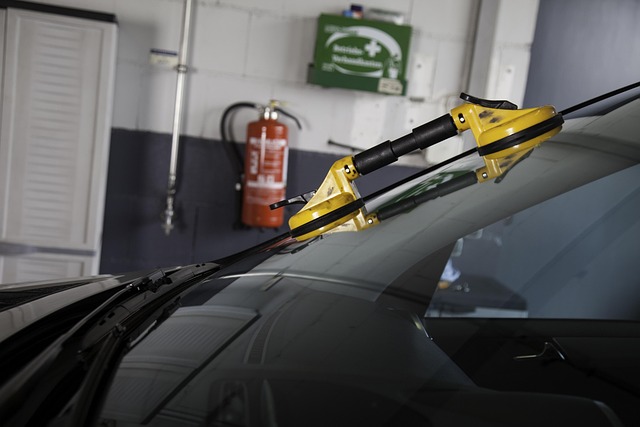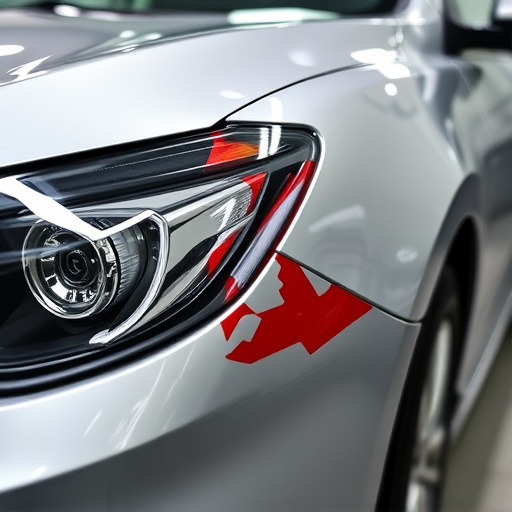Certifications are vital in the competitive automotive refinishing industry, validating technicians' skills, ensuring quality and precision, and setting them apart. ICAR and NATA credentials are highly regarded for comprehensive knowledge and practical skills in surface preparation, painting, panel replacement, and achieving flawless finishes, fostering customer trust through top-notch results. Strategic learning, hands-on experience, and continuous education are essential for success in automotive refinishing careers.
In the dynamic field of automotive refinishing, certifications are more than just add-ons—they’re essential tools for career advancement. With constant innovations in materials and techniques, staying certified ensures you remain competitive and in demand. This article delves into the significance of professional credentials, highlights key industry certifications, and provides actionable tips to help aspiring technicians navigate the path to success in automotive refinishing.
- Understanding the Importance of Certifications in Automotive Refinishing
- Key Industry Certifications for Top Refinishing Careers
- Preparing for Success: Practical Tips for Earning Relevant Certifications
Understanding the Importance of Certifications in Automotive Refinishing
In the competitive landscape of automotive refinishing, understanding the importance of certifications is paramount. Certifications not only validate a technician’s skill and expertise but also set them apart in an industry that demands precision and quality. For individuals aspiring to excel in car repair services or vehicle restoration, these credentials serve as a benchmark, ensuring they meet the highest standards required in this specialized field.
Automotive refinishing, encompassing intricate processes such as car body repair, goes beyond mere aesthetics. It involves mastering various techniques, from color matching and paint application to understanding the science behind finishes. Certifications in automotive refinishing provide an assurance that professionals possess the necessary knowledge and practical skills to deliver top-notch results, fostering customer satisfaction and trust in their services.
Key Industry Certifications for Top Refinishing Careers
In the competitive world of automotive refinishing, certifications play a pivotal role in setting professionals apart. Obtaining industry-recognized credentials can open doors to lucrative careers and ensure individuals possess the specialized skills needed for precision work. For those aspiring to excel in this field, focusing on key certifications is essential.
Top automotive refinishing careers, such as Mercedes-Benz collision repair specialists or skilled vehicle paint repair technicians, often require a combination of theoretical knowledge and practical expertise. Certifications like ICAR (International Automotive Component Developers) credentials are widely respected and cover various aspects, from surface preparation to advanced painting techniques. These programs educate and validate individuals’ capabilities in areas including panel replacement, straightening, and, most importantly, achieving flawless finishes. Other notable certifications include those offered by the National Automotive Technicians Association (NATA), which emphasize quality assurance and safety standards, crucial for maintaining customer satisfaction and ensuring top-notch collision repair services.
Preparing for Success: Practical Tips for Earning Relevant Certifications
Preparing for success in automotive refinishing careers requires a strategic approach to learning and certification. Start by researching recognized industry organizations and their certified training programs. These can provide foundational knowledge in areas like surface preparation, paint application techniques, and quality control measures—essential skills for any auto refinisher. Enroll in courses offered by reputable schools or workshops that focus on automotive refinishing, as these often align with industry standards and best practices.
Additionally, hands-on experience is invaluable. Seek internships or entry-level positions at auto body shops or paint centers to apply what you’ve learned. Engage with experienced technicians who can offer guidance and insights into real-world scenarios. Building a portfolio of completed projects demonstrates your expertise in vehicle repair and car paint services to prospective employers or clients. Remember, continuous learning and staying current with industry trends through certification will set you apart in the competitive field of automotive refinishing, making you a desirable candidate for auto repair near me opportunities.
In the dynamic field of automotive refinishing, certifications are key to standing out and ensuring top-quality work. By obtaining recognized industry credentials, you demonstrate your mastery of techniques and materials, fostering trust with clients. These certifications not only enhance your career prospects but also open doors to diverse refining careers, from paint protection to specialized restoration. With the right preparation and a focus on continuous learning, aspiring professionals can navigate their path to success in this ever-evolving automotive industry.
